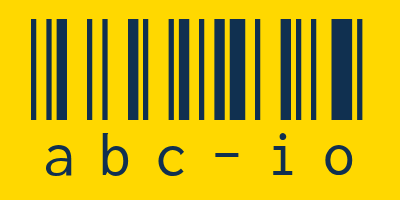Nepal has ordered internet service providers to block access to major social media platforms, including Facebook, Instagram, YouTube, and X, after the companies failed to comply with local registration rules — drawing criticism from media rights groups and raising concerns over censorship and free expression.
On Thursday, Nepal’s Ministry of Communication and Information Technology directed the Nepal Telecommunications Authority to instruct internet service providers to restrict access to 26 social media platforms altogether. The move followed a meeting of ministry officials earlier in the day.
Nepal has an internet penetration rate of over 90%, according to data from the Nepal Telecommunications Authority. Among social media users in the country, 87% use Facebook, followed by 6% on X and 5% on YouTube, the latest figures from web analytics firm Statcounter suggest.
The list of affected platforms includes Discord, Facebook, Instagram, Messenger, WeChat, Reddit, Snapchat, YouTube, and X. The decision follows an August 25 directive that gave foreign social media companies just seven days to register their operations in Nepal and assign a local contact person.
Media advocacy groups and civil society organizations have criticized the move. The decision would “seriously hinder journalists’ work and people’s access to news and information,” said the Committee to Protect Journalists, a New York-based nonprofit. The Federation of Nepali Journalists also condemned the measure, saying it “undermines press freedom and citizens’ right to information.”
Thursday’s decision comes weeks after Nepal’s Supreme Court upheld the government’s local registration requirement last month, ruling that it was aimed at curbing misinformation. However, the court did not explicitly order the government to ban platforms that failed to register, instead directing officials to “make appropriate legal arrangements immediately, within the framework of the law.”
Notably, TikTok and Russia’s Viber are among the social media apps not affected by the latest order; the government said these platforms have already followed the rules and registered themselves in the country.
Techcrunch event
San Francisco
|
October 27-29, 2025
“It is extremely troubling that Nepal has chosen to block access to entire social media and web services simply because they have not registered with the government,” said Raman Jit Singh Chima, Asia Pacific Policy Director and Global Cybersecurity Lead at Access Now. He compared the approach to “the architecture of censorship seen in the People’s Republic of China’s Great Firewall model of digital authoritarianism — a path wholly at odds with Nepal’s democratic aspirations and constitutional guarantees.”
Communications and Information Technology Minister Prithvi Subba Gurung told reporters that the government had given platforms ample time to register in Nepal and had made repeated requests, including to Meta, but they did not comply.
Meta, as well as Google and Snap, did not immediately respond to requests for comment.
Access to the platforms would be restored once they register in the country, according to a public notice (PDF) issued by the Ministry of Communication and Information Technology.
Chima argued that “Nepal should publish all blocking orders, restore access, and shift to a legislative process that narrows vague prohibitions and builds in due process, transparency and meaningful consultation.”
He added that without clear appeal or independent oversight, the directive gives the government “sweeping powers to suspend services, order removals, and deputise local ‘grievance’ and ‘self-regulation’ officers inside companies.”
“That invites over-blocking and pressure on companies to take down lawful content,” he continued.
Earlier this year, Nepal’s government faced public backlash over a proposed social media bill that is still pending approval. The legislation includes provisions for imprisonment and fines for posts “deemed against national sovereignty or interest.” The proposal “threatens to severely undermine press freedom and digital expression,” the International Federation of Journalists said.
Responding to early criticism of the proposed legislation, Minister Gurung said the government had “no intention of curtailing freedom of expression.”
However, the bill would also authorize the government to order social media platforms to remove certain posts, with noncompliance potentially resulting in fines.
A spokesperson for Nepal’s Ministry of Communication and Information Technology did not respond to a request for comment about blocking decision.











Add Comment